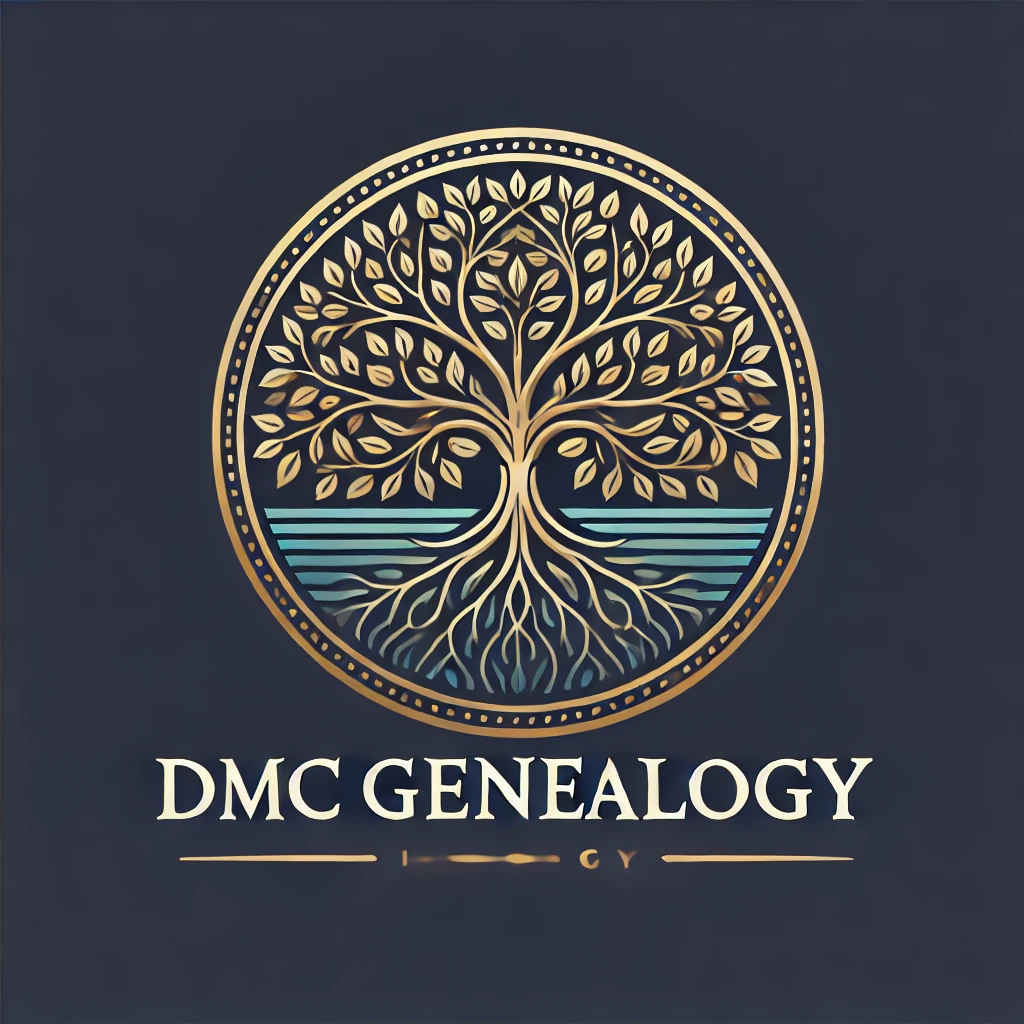In the fall of 1582, the people of Italy, Spain, and Portugal went to bed on October 4th and woke up on October 15th. Ten days—gone. Vanished. Erased by the stroke of a papal pen. And no, this isn’t a tale from Narnia or Middle-earth, though it certainly feels like one.
It was, in fact, very real—and it all started with the sun.
🌞 Why the Calendar Needed a Makeover
The calendar in use at the time, the Julian calendar, had been ticking away faithfully since 45 BC, courtesy of Julius Caesar. It wasn’t perfect—it miscalculated the solar year by just under 11 minutes. A tiny error, but over centuries, that tiny drift piled up. By the 1500s, the calendar was off by about 10 days, and Easter was slowly creeping away from the spring equinox.
So, in 1582, Pope Gregory XIII declared it was time to fix it. He introduced the Gregorian calendar, which is the one we still use today. To get things back on track, he simply ordered everyone to skip 10 days.
And just like that, October 5th through 14th were erased from history.
🇬🇧 Not Everyone Was On Board
Catholic countries adopted the change right away. Protestant ones? Not so much.
England and her colonies didn’t switch until 1752, by which time they were 11 days off. The British calendar jumped from September 2 to September 14, 1752, and folks were not happy. Rumor has it people protested in the streets shouting, “Give us back our eleven days!”
It’s one of my favorite moments in history because it’s such a wonderfully human thing. We can grapple with eternity, write epic poetry about salvation and grace—and still throw a fit if someone takes away our days off. 😄
⛪ A Theological Reflection: God and Time
All this fuss over lost days makes me pause. We humans are so bound to time—counting hours, measuring milestones, chasing deadlines. But God isn’t. He is the Alpha and Omega, beyond time, outside our ticking clocks and fading calendars.
When we adjust our calendars to fix our mistakes, I imagine God smiling. Not mockingly—but lovingly. As if to say,
“You sweet little souls… trying to measure eternity with day planners.”
Time is a tool, a gift we’ve been given. But it’s not the ultimate truth. In genealogy, I chase down names and dates to tell a story—but the heart of that story isn’t in the day someone was born. It’s in how they lived.
📜 Genealogy Tip: Mind the Gap(s)
If you’re researching ancestors from before the 18th century, watch the calendar like a hawk. Between Julian and Gregorian dates, New Year’s starting in March, and the occasional double-dated entry like “February 11, 1731/32,” it can get confusing fast.
Records in England and its colonies before 1752 were still in the Julian calendar—and the year often didn’t start on January 1, but March 25. That can make for some “head-scratcher” moments when reading old wills or baptismal records.
🐔 A Note from Cluckingham Palace
Blue, my rooster and resident timekeeper, has informed me that he would never have let 10 days go missing without a proper investigation. His official ruling?
“If 10 days vanish, so does 10 days’ worth of scratch grain. This is an emergency, not a calendar update.”
Well said, Your Feathered Highness.
🌟 Final Thought
As we navigate the ticking hands of time—whether through ancient records, spiritual reflection, or just trying to get dinner on the table—I’m reminded that while we count time, God redeems it.
So here’s to the week that wasn’t, and to the timeless truths we can still find when we pause long enough to look.
